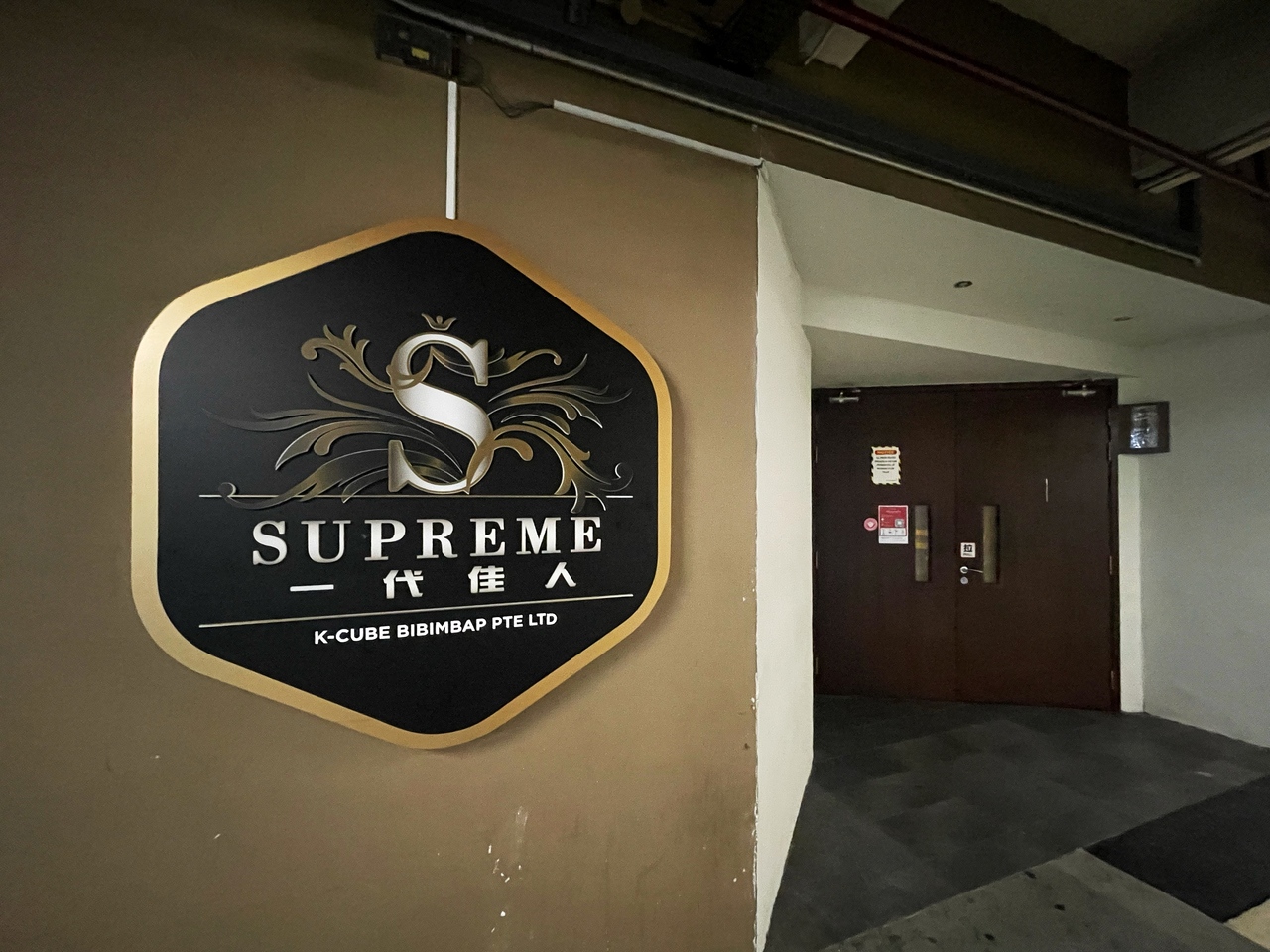Only 6 of first 88 cases in KTV Covid-19 cluster fully vaccinated; patrons included 19-year-old
Sign up now: Get ST's newsletters delivered to your inbox

A total of 120 cases have been linked to the KTV cluster as at Friday.
ST PHOTO: GIN TAY
Follow topic:
SINGAPORE - Of the first 88 individuals in the growing KTV cluster confirmed as Covid-19 positive, 82 were either unvaccinated or partially vaccinated.
Only six were fully vaccinated, director of medical services Kenneth Mak said on Friday (July 16) in a virtual press conference hosted by the multi-ministry task force tackling the pandemic.
A total of 120 cases have been linked to the KTV cluster as at Friday.
A Vietnamese woman is the first detected case of the cluster. She is a short-term visit pass holder who entered Singapore in February this year via the Familial Ties Lane, sponsored by her Singaporean boyfriend.
Associate Professor Mak said the 88 cases included individuals between the ages of 19 and 60. They are frequent patrons of the KTV clubs that contributed to the cluster.
Of the 88 cases, 37 were detected as they were symptomatic and were swabbed at Swab and Send Home clinics, while 30 were detected through community testing.
The remaining 21 cases were detected while under quarantine in facilities here, Prof Mak said.
From investigations, most of the cases involved individuals who visited multiple KTV clubs and outlets.
Prof Mak added that they had visited several KTV outlets either on the same day, or over multiple days "during the period of concern". The Ministry of Health had previously focused on visits that took place between June 29 and July 12.
"Some of the individuals who visited multiple KTV outlets, particularly on the same day, were visitor pass holders, and we cannot exclude the possibility that many of them were social hostesses," Prof Mak said, adding that some are from Vietnam, Thailand, Laos and the Philippines.
Some of the others had worked as staff for the KTV establishments, performing a variety of roles.
A second group involved Singapore residents who were patrons and had frequented these KTV outlets on a "very regular basis".
Prof Mak said it is likely that considerable mask-off close contact interactions took place during the visits, allowing the virus to spread.
Finally, a third group of infections involved household members, suggesting that household transmissions have already taken place.
Of the 88 cases, 20 were asymptomatic as at Friday and remained well in isolation.
The remaining 68 cases had mild symptoms, ranging from fever, cough, runny nose and a sore throat. Some experienced a loss of the senses of smell and taste, and generalised tiredness with body aches.
These cases have continued to display mild symptoms. None of the cases has required oxygen supplementation or care in the intensive care unit.
Prof Mak said most are young, which may have accounted for the fact that they were either asymptomatic or had mild infection.
"The present volume of cases that we have in our hospitals is manageable, and we have not exceeded our capacity in the hospitals or in the community care facilities."
However, the Health Ministry remains on guard for possible secondary transmission that can take place within this cluster.
"There is a risk of possibility that spread may occur to more vulnerable segments of our society, particularly the elderly who are as yet not vaccinated," Prof Mak added.

